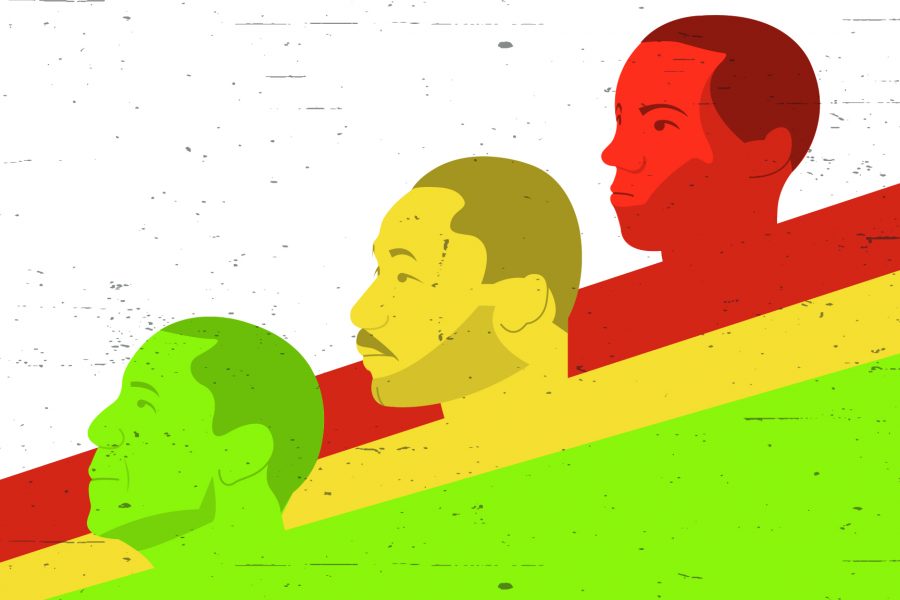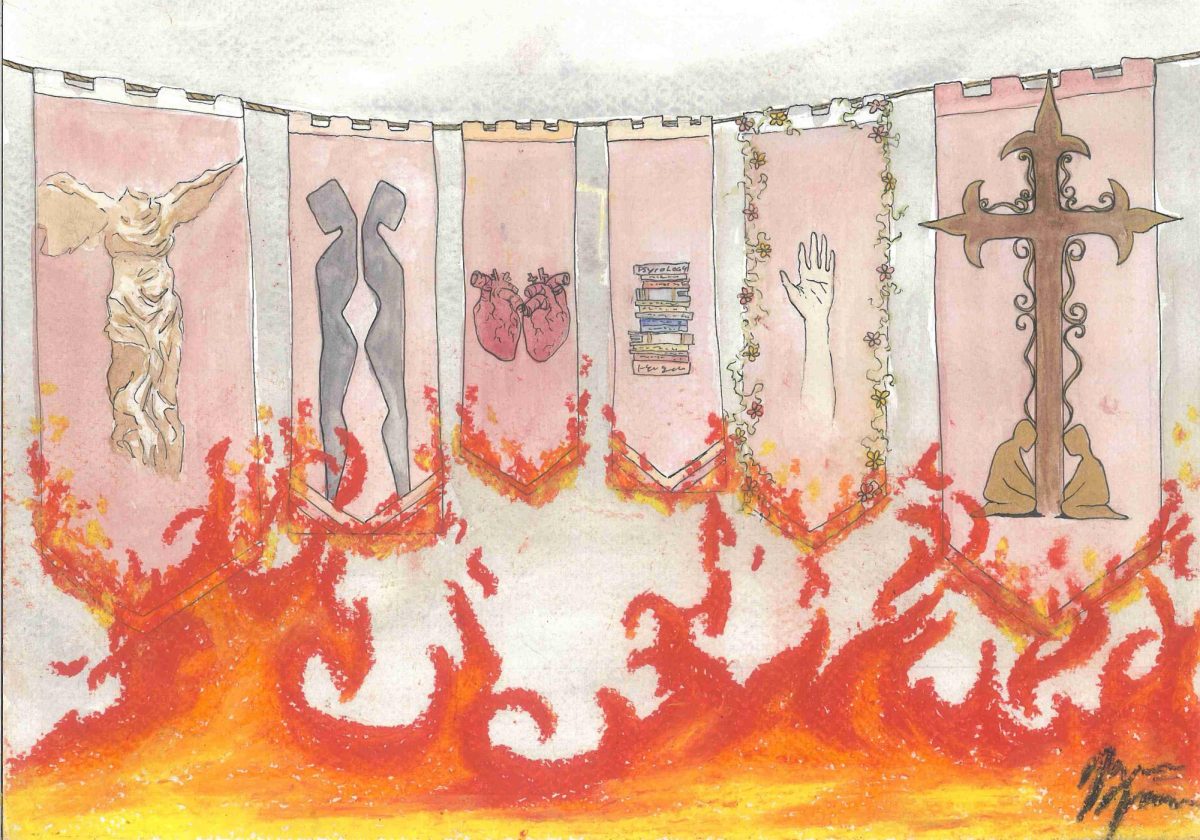Carter G. Woodson, the father of Black History Month, did not begin high school until he was 20 years old. Growing up, Woodson was not able to attend school during the five month period that black kids were allotted.
That did not stop him from pursuing an education.
After graduating from high school in two years, Woodson obtained his bachelor’s and master’s degree from the University of Chicago, then earned his doctorate from Harvard in 1912.
Education is something that can often be taken for granted, despite its great importance.
Black History Month aims to provide education on the richness and complexity of black history, but the issue goes deeper than that.
In the American education system, black history is often taught as separate from the rest of American history.
“You cannot talk about history, especially U.S. history, without talking about black people,” Yelena Bailey, a professor in English and Cultural Studies at Seattle Pacific University, said. “In various ways, we have been fundamental to the shaping of the modern world.”
During his studies, Woodson also noticed that black history was often not mentioned in his classes or textbooks.
In response, Woodson founded the Association for the Study of Negro Life and History to acknowledge and celebrate black history.
In 1926, Woodson first introduced Negro History Week. According to the series “Our American Story” from the National Museum of African American History and Culture, Woodson aimed to draw attention to the contributions of black people in American history in order to advocate for equality and to bring visibility to the positive aspects of black life and culture during a time when the national narrative was negative. During the Civil Rights Movement, a group of black students at Kent University first proposed the idea of expanding the week into a month long celebration. In 1976, 50 years after the creation of Negro History Week, President Gerald Ford formally declared February as Black History Month.
Over 90 years after Woodson first began the national conversation about black history, the representation of black figures in the education system remains a contentious topic.
In a 2008 study, the American Political Science Association concluded that “African Americans’ active participation in America’s political development has been treated as a separate entity from the rest of the country’s development.”
They found that 22 percent of textbooks printed between 2004 and 2007 had less than 10 pages referencing black history outside of chapters dedicated to the Civil Rights Movement.
“Sadly, black history is still largely oversimplified or overlooked. Part of this is due to the fact that it is often only addressed during February, or when people study the Civil Rights Movement,” Bailey said.
According to Bailey, even popular figures like Martin Luther King Jr. are often oversimplified. While King is praised for his part in the fight for racial equality, his stances on war and economic justice are rarely discussed.
“Students tend to learn about the feel good moments from black history, the ones that make us comfortable with where we are, but rarely learn about the things that would foster further change,” Bailey said.
Woodson recognized the value of a fair, comprehensive education.
“Real education means to inspire people to live more abundantly, to learn to begin with life as they find it and make it better,” Woodson wrote in his book “The Mis-Education of the Negro.”
Bailey echoes Woodson’s sentiments. According to Bailey, the best way to celebrate Black History Month is to go beyond what is commonly taught and to dive deeper into the histories of black Americans.
“Then, take what you learn and apply it to making this world better,” Bailey said.
Woodson had hoped that a time would come when a week for black history was unnecessary, believing that it was more important to recognize that black people were an integral part of America’s development instead of separating the two histories into different celebrations.
Woodson’s legacy has inspired countless others to advocate for the removal of the barrier between black history and American history in the education system.
Despite Woodson’s hope for the future, the celebration of Black History Month still continues in his honor.






















































































